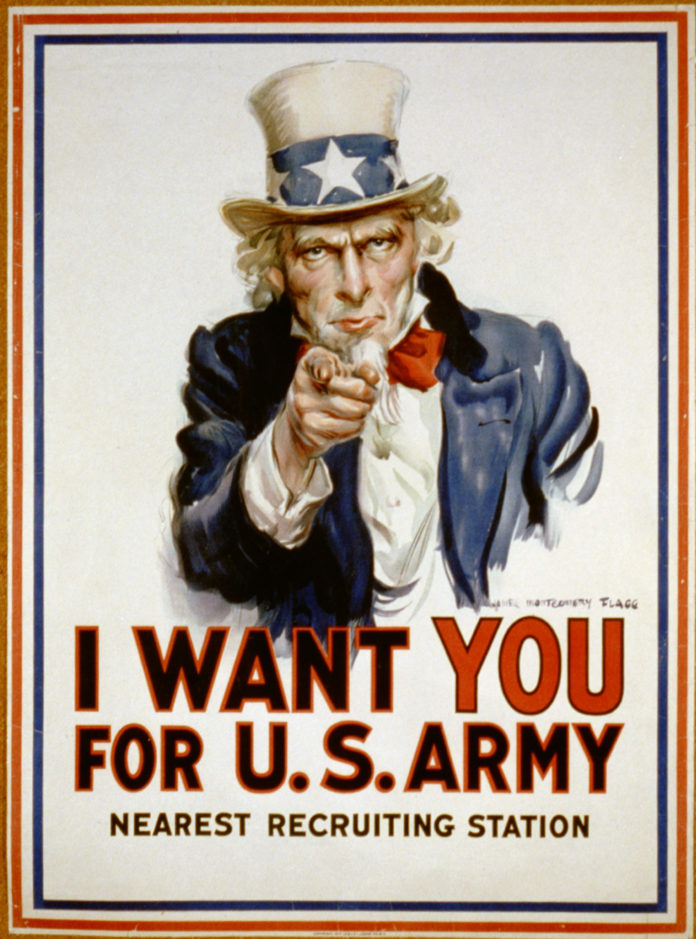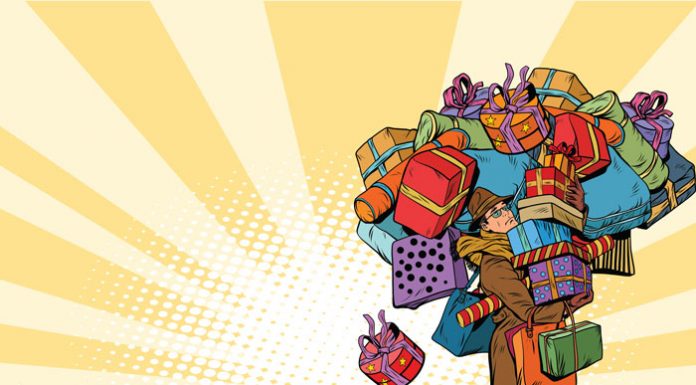“As an Air Force veteran, the father of an Air Force officer, and the son of a World War II veteran,” explained Mississippi Senator Roger Wicker, “I have enormous respect for the men and women who have answered the call to serve our great nation.”
But, he added, “when I think of my own daughters and granddaughters, I could not in good conscience support an amendment that would compel their military service.”
The senator was reacting to an amendment to the National Defense Authorization Act (NDAA) proposed by Senator Jack Reed, chairman of the Senate Armed Services Committee, that would require women between the ages of 18 and 25 to register, just as men currently must, with the Selective Service.
There is, of course, no draft currently in the US and there hasn’t been one for nearly a half-century. But in the case of a national emergency, compulsory service could be reinstituted. And should the amendment remain in the final version of the NDAA, women would then be called up for service like men.
The amendment, like everything these days other than favorite colors and ice cream preferences (no Ben & Jerry’s, please), has become a political football, with Democrats hailing it as a move toward gender equality and Republicans hopeful that outrage at the thought of women being forced to serve in the military will energize their base. Politics aside, though, it is unlikely that the amendment will survive in the final military appropriation bill.
But what does it say about contemporary society that such a subversion of innate human nature could even be entertained, much less championed as “progress”?
Women, unquestionably, should receive equal compensation for equal work on a par with men, and they should be fully respected in every way in the workplace and everywhere. But to consider men and women interchangeable in their natural life roles—the take-no-prisoners “egalitarian” approach—is simply and starkly at odds with the way the Creator created us. “Equality” meaning “identical” is a mathematical concept, not a human one.
Societal derangement when it comes to gender roles, sadly, isn’t foreign to parts of the Jewish world, where some have come to imagine that a title or public “privilege” somehow ennobles women, that their donning tefillin or leading davening somehow renders them more important or worthy.
Those of us who are in sync with reality know that whether roles are loud or quiet, prominent or behind-the-scenes, has no bearing at all on their ultimate value. The researcher’s work is as vital as the surgeon’s.
But even some of us who fully embrace Torah can also sometimes stumble into the equality trap. When, for instance, we defend attacks on our “discriminatory” laws and way of life by holding up only the examples of women doctors, lawyers and CEOs.
Such women’s accomplishments are well worthy of recognition. But it’s important to remind ourselves that the greatest Jewish merit—of any of us, men or women—lies not in our professional accomplishments but in our personal lives as Jews.
Jewish women’s most essential roles—whether expressed as wives, mothers and grandmothers, or as teachers, nurturers and counselors—are a vital element in molding the next generation of Jewish men and women.
Because “the hand that rocks the cradle,”as the poet William Ross Wallace wrote, “is the hand that rules the world.” He didn’t mean by holding a weapon, but rather through the singular influence women naturally have on the young.
The hand rocking the Jewish cradle is the hand that rules the Jewish future.





















